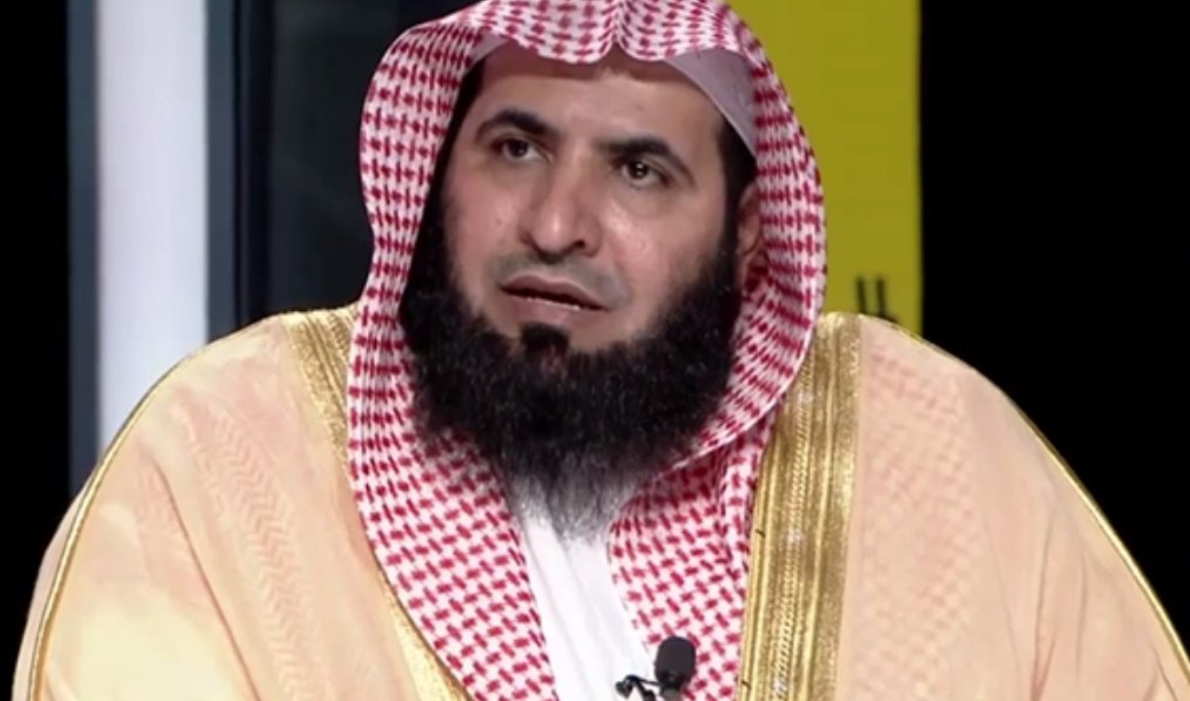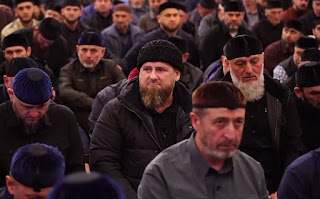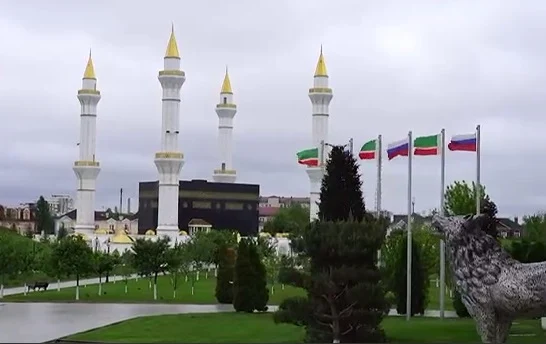
The Escalation of Violence in Syria: A Path to Deepen Syria's fragmentation
Syria has witnessed its most violent outbreak of conflict since the ousting of Bashar al-Assad’s regime, with over 1,300 deaths reported in just three days. The clashes between forces aligned with Syria’s new government and remnants of Assad’s loyalists have resulted in widespread civilian casualties, particularly affecting the Alawite community, which previously supported the former regime. The intensity of the violence has drawn international concern, as reports of field executions, communal massacres, and forced displacement emerge.
The conflict ignited when HTS-led government forces attempted to arrest what it calls members of the former regime. The attempt was met by armed resistance, which escalated when government brought it more of its armed militias from nearby Idlib, most of whom are not Syrian fighters. While the government aimed to restore order, retaliatory attacks by armed groups have further escalated tensions, leading to mass executions and acts of revenge against Alawite civilians. Human rights organizations, including the Syrian Observatory for Human Rights and the Syrian Network for Human Rights, have documented atrocities, including systematic killings and the destruction of homes.
Eyewitnesses and video evidence reveal harrowing acts of violence, with reports of militants conducting executions and vowing to "purify" Syria of perceived enemies. Civilians, including elderly residents and families, have been caught in the crossfire, facing persecution irrespective of their allegiance to Assad’s regime. Many Alawites, who have distanced themselves from the former government, continue to suffer the consequences of sectarian retaliation.
Despite Syria’s Ministry of Defense announcing the end of security operations, reports from the Syrian Observatory for Human Rights indicate that armed groups continue to commit atrocities against civilians in the coastal regions. Armed factions, some of whom entered towns alongside government forces, have been accused of looting, arson, and indiscriminate violence in areas such as Harisun in Baniyas. Residents from multiple villages in Latakia have pleaded for protection as killings, kidnappings, and destruction persist, highlighting the deteriorating security situation.
Survivors and local witnesses describe an ongoing campaign of ethnic cleansing, with entire villages being targeted. Calls for international intervention and independent investigations have grown louder as displaced civilians report being too afraid to return home. Some refugees have sought shelter in the Russian-operated Hmeimim Airbase, refusing to leave due to ongoing threats from armed groups. The humanitarian crisis is worsening, with severe shortages of food, electricity, and water reported across affected regions, exacerbating the suffering of civilians trapped in the conflict.
Syria’s interim leadership has vowed to hold accountable those responsible for the civilian massacres and has called for national unity. However, the government faces significant challenges in maintaining security, especially as extremist factions continue to exploit the instability. Al-Sharaa’s administration, which emerged from an Islamist insurgency, faces scrutiny over its ability to protect minorities and establish a functioning security apparatus.
The United States has condemned the extremist violence, particularly the involvement of foreign jihadists, and has expressed solidarity with Syria’s diverse religious and ethnic minorities, including Christians, Druze, Alawites, and Kurds. U.S. Secretary of State Marco Rubio has urged Syria’s interim authorities to ensure accountability for those responsible for the massacres.
The ongoing bloodshed underscores the fragile nature of Syria’s post-Assad transition and highlights the deep-seated sectarian divisions that continue to fuel violence. Without immediate and effective intervention, Syria risks descending further into chaos, jeopardizing any hopes for stability and peace in the war-torn nation.











































































